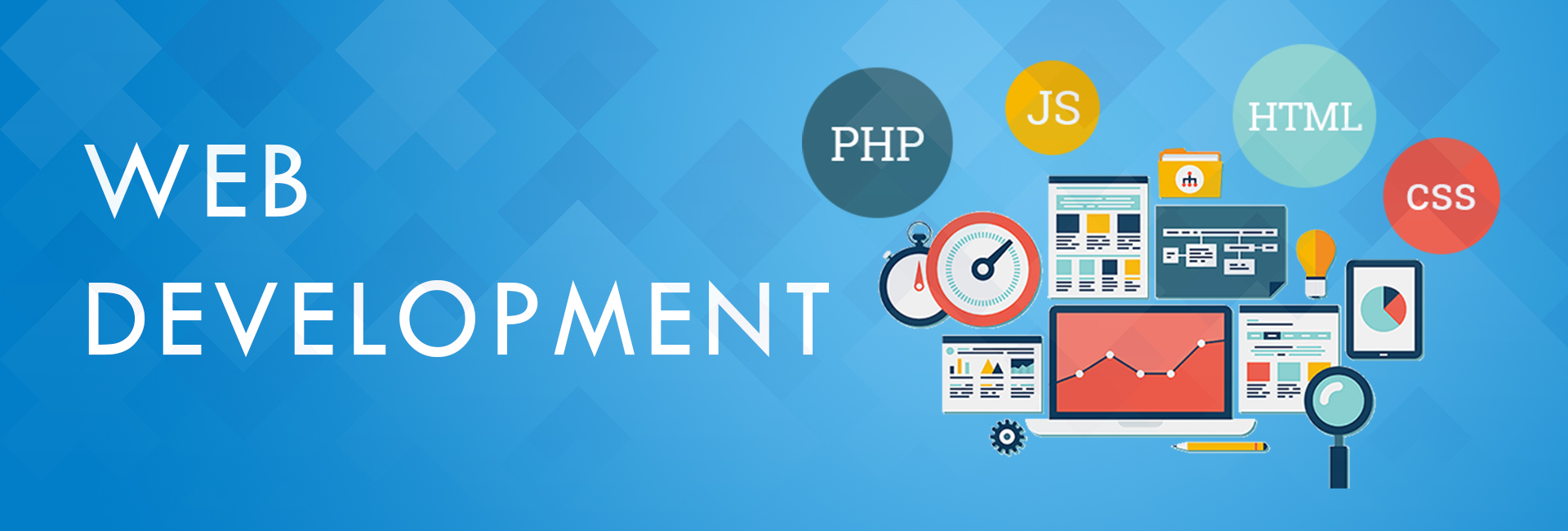How Artificial Intelligence is Transforming Everyday Life
Introduction
Artificial Intelligence (AI) is no longer a futuristic concept confined to science fiction. Today, it has integrated seamlessly into our daily routines, revolutionizing the way we communicate, work, and even relax. But how exactly is AI transforming our world? Let’s explore its impact across various sectors.
What is Artificial Intelligence?
Definition and Evolution of AI
At its core, Artificial Intelligence refers to machines designed to mimic human intelligence. From the early days of simple algorithms to today’s complex neural networks, AI has come a long way. The journey began with rule-based systems and has evolved into self-learning models capable of decision-making.
Key Concepts and Technologies Behind AI
AI’s magic lies in its underlying technologies. Let’s delve into the essentials:
Machine Learning (ML)
ML enables computers to learn from data without explicit programming. Think of it as teaching a child through examples rather than instructions.
Natural Language Processing (NLP)
NLP allows AI to understand and generate human language, powering tools like chatbots and voice assistants.
Computer Vision
This technology enables machines to interpret and analyze visual information, like facial recognition or medical imaging.
AI in Communication
Chatbots and Virtual Assistants
AI-driven chatbots and assistants like Siri, Alexa, and Google Assistant have become our go-to for quick answers, reminders, or even setting the mood with music. They’re not just tools—they’re companions in our daily lives.
AI-Powered Language Translation
Breaking down language barriers, AI tools like Google Translate make communication across cultures effortless and accurate.
AI in Healthcare
Diagnostic Tools and Predictive Analysis
AI can analyze medical data to detect conditions early, improving patient outcomes. For instance, AI-driven systems help doctors identify diseases like cancer at their earliest stages.
Personalized Treatment Plans
By analyzing individual health data, AI creates tailored treatment plans, making healthcare more effective and patient-centric.
Robotics in Surgery
Robotic systems assist in surgeries, offering precision and reducing human error, making life-saving procedures safer.
AI in Transportation
Autonomous Vehicles
Self-driving cars are a reality, thanks to AI. They promise safer roads by reducing human-related errors like distracted driving.
Smart Traffic Management Systems
AI optimizes traffic flow, reducing congestion and improving commute times in urban areas.
AI in Education
Personalized Learning Platforms
AI adapts educational content to suit individual student needs, ensuring every learner gets the attention they deserve.
AI Tutors and Learning Assistants
Virtual tutors are available 24/7, making education accessible and effective for students worldwide.
AI in Business
Enhancing Customer Experiences
AI chatbots provide instant support, while recommendation engines personalize shopping experiences, boosting customer satisfaction.
Automating Workflows
Repetitive tasks are now automated, freeing up employees to focus on creative and strategic work.
Predictive Analytics for Decision Making
By analyzing market trends, AI helps businesses make informed decisions, ensuring they stay competitive.
AI in Entertainment
Content Recommendations
Streaming platforms like Netflix and Spotify use AI to suggest content based on your preferences, ensuring you never run out of things to enjoy.
Gaming and Virtual Reality
AI has transformed gaming with immersive experiences, creating smarter opponents and dynamic environments.
AI in Home Automation
Smart Home Devices
Devices like smart thermostats and security systems make homes more comfortable and secure, adapting to your lifestyle.
Energy Management Solutions
AI optimizes energy consumption, saving costs and benefiting the environment.
AI in Finance
Fraud Detection
AI systems monitor transactions to detect and prevent fraudulent activities, ensuring financial security.
Algorithmic Trading
AI analyzes market data in real-time, executing trades with precision and speed.
Ethical Concerns of AI
Privacy Issues
With AI collecting vast amounts of data, privacy concerns are on the rise. How much is too much?
Job Displacement
AI automates tasks, raising fears of job loss. However, it also creates opportunities in new sectors.
Bias and Fairness in AI Algorithms
AI systems can inherit biases from their data, leading to unfair outcomes. Ensuring ethical AI is crucial.
The Future of AI
Upcoming Innovations
From AI-driven cities to advancements in healthcare, the possibilities are endless.
The Role of Human-AI Collaboration
AI isn’t here to replace us—it’s here to enhance our capabilities. Together, humans and AI can achieve remarkable feats.
Conclusion
Artificial Intelligence is reshaping everyday life in ways we couldn’t have imagined a decade ago. From simplifying tasks to driving innovation, its potential is limitless. As we embrace this technology, ethical considerations must remain at the forefront, ensuring it serves humanity’s best interests.
FAQs
- What are the most common applications of AI in daily life?
AI is widely used in virtual assistants, healthcare diagnostics, personalized learning, and home automation. - How does AI improve healthcare outcomes?
AI aids in early diagnosis, creates personalized treatment plans, and enhances surgical precision. - What are some concerns about using AI in everyday tasks?
Privacy issues, job displacement, and biases in AI algorithms are significant concerns. - Can AI completely replace human jobs in the future?
While AI may automate certain tasks, it also creates new roles requiring human expertise. - How does AI benefit education systems?
AI personalizes learning experiences and provides 24/7 support through virtual tutors.


